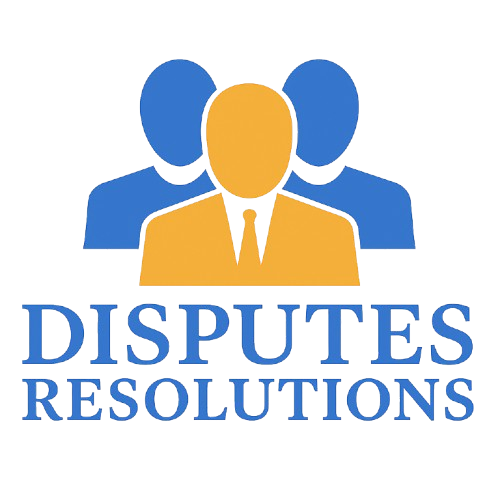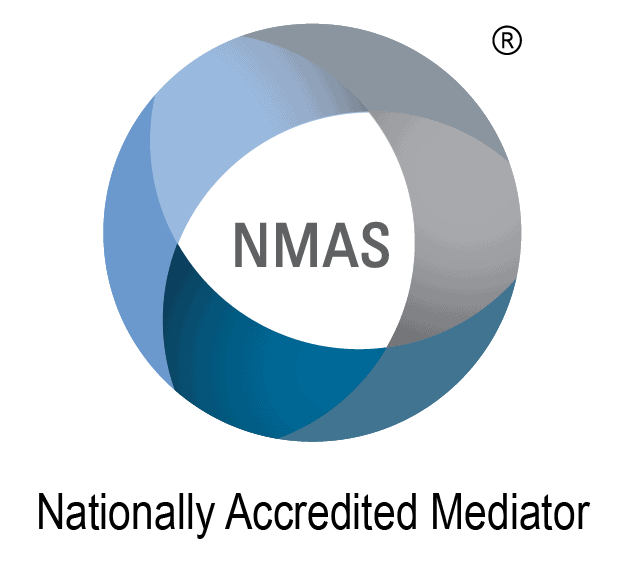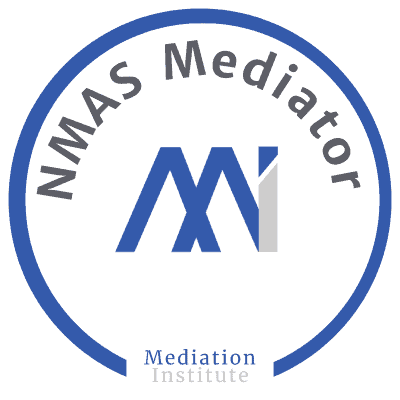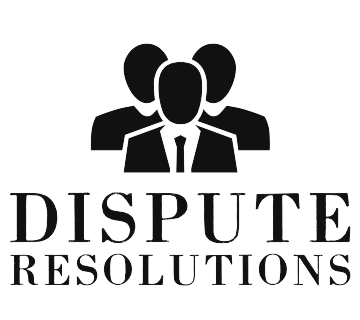Let us show you the light
Facilitation
Facilitation
Facilitation is the process of guiding a group discussion to enable productive dialogue, collaborative problem-solving, and the development of shared understanding or agreed-upon outcomes, without the facilitator making decisions on behalf of the participants.
In mediation, the focus is on resolving a specific dispute between parties, while in facilitation, the focus is on enabling a group to have a productive discussion and reach a shared outcome, without necessarily having a formal dispute to resolve.
- In facilitation, the facilitator’s role is to help a group of people have a productive discussion and work towards a shared understanding or outcome.
- The facilitator structures the discussion, ensures participation, and helps the group stay focused, but does not make any judgments or provide solutions.
- Facilitation is a more flexible process than Mediation and can be used in a wider range of contexts, such as strategic planning, team-building, or policy development.
- The facilitator may use various techniques like brainstorming, consensus building, or voting to guide the group’s decision-making.
- The outcome of facilitation is usually a set of agreed-upon actions, recommendations, or a shared understanding, rather than a legally binding agreement.
Example of Facilitation suitability
Scenario
- The local council wants to engage various stakeholders, including residents, waste management companies, environmental groups, and community organizations, to develop a comprehensive waste management plan for the city.
- The goal is to get input from all these different stakeholders, explore various options and perspectives, and ultimately reach a consensus on the strategic priorities and action plan.
- A skilled facilitator could be brought in to guide this multi-stakeholder discussion and decision-making process.
The Facilitator would
- Start by establishing the ground rules and objectives for the session, ensuring everyone has a clear understanding of the purpose.
- Use various facilitation techniques to encourage active participation and dialogue among the diverse group of stakeholders.
- Help the group identify the key issues, generate ideas, evaluate options, and work towards building consensus on the preferred strategy.
- Remain neutral, guiding the discussion without imposing their own views or making decisions on behalf of the group.
- Ensure the outcome would be a shared understanding and agreement on the strategic waste management plan, rather than a legally binding contract between disputing parties.
In this type of scenario, facilitation is more appropriate than mediation because there is no specific dispute to resolve. Rather, the goal is to bring together multiple stakeholders to collaborate on developing a new policy or strategy through open dialogue and consensus-building.
When is Facilitation a suitable process ?
There are many scenarios in which Facilitation would be a suitable process, including –
- Strategic planning
- Policy development
- Community engagement
- Organizational change management
- Civil projects
- Government projects
- Property development
- Stakeholder alignment
- Team building and leadership development
- Diversity and inclusion initiatives
- Process improvement and efficiency projects
- Conflict resolution and consensus building
- Environmental sustainability programs
- Educational curriculum design
- Non-profit program development




